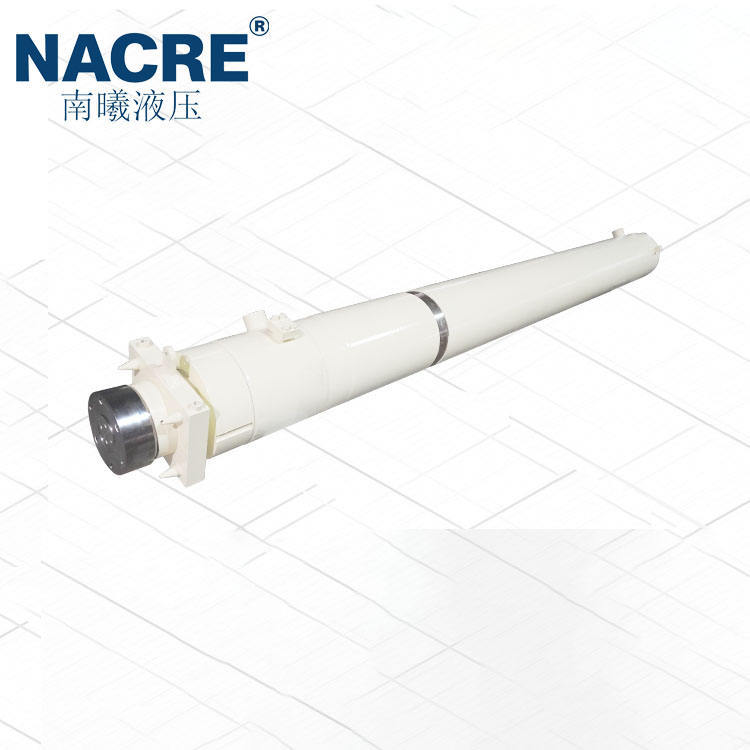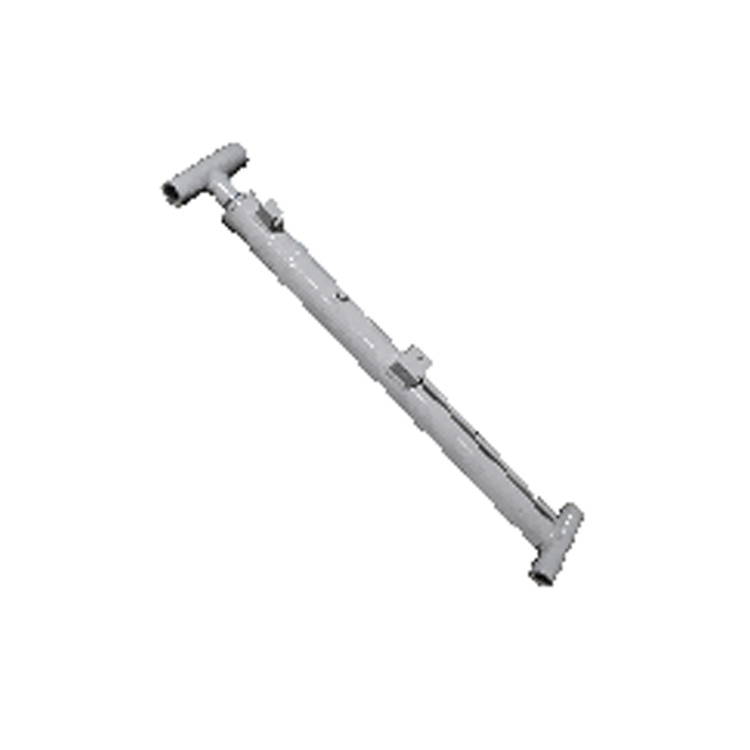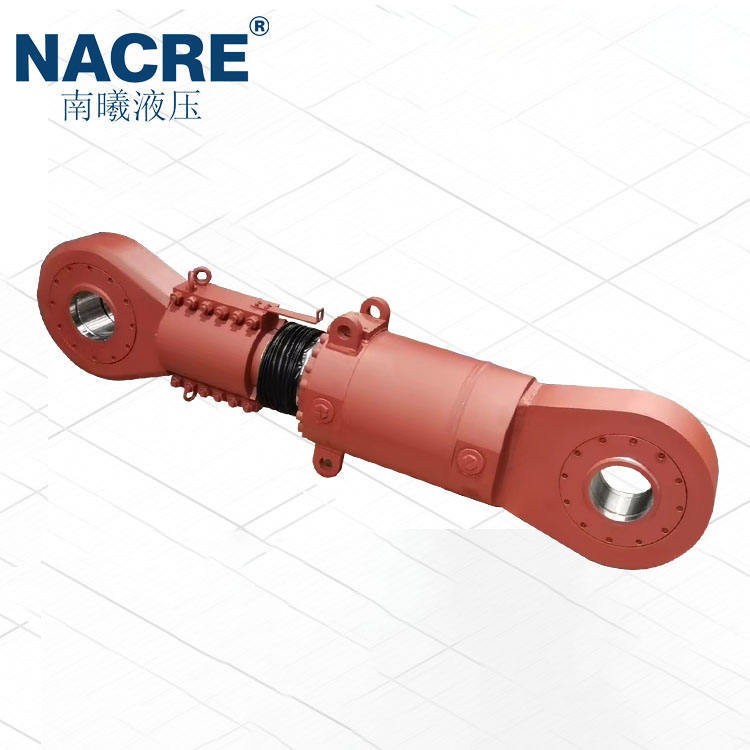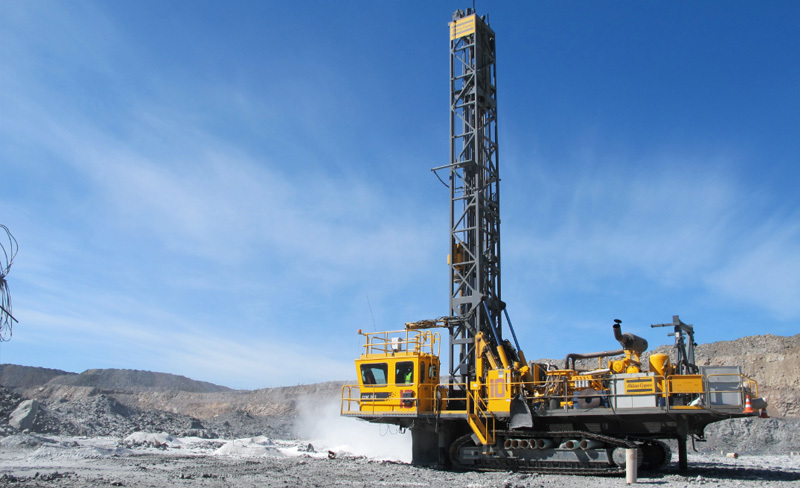Comprehensive Guide to Preventative Maintenance for Excavator Cylinders
2025-05-07
Comprehensive Guide to Preventative Maintenance for Excavator Cylinders
Table of Contents
- 1. Introduction to Excavator Cylinder Maintenance
- 2. Understanding Hydraulic Cylinders
- 3. Importance of Preventative Maintenance
- 4. Step-by-Step Preventative Maintenance Guide
- 4.1 Routine Inspections
- 4.2 Cleaning and Lubrication
- 4.3 Checking for Leaks
- 4.4 Seal Inspection and Replacement
- 4.5 Hydraulic Fluid Maintenance
- 5. Common Issues with Excavator Cylinders
- 6. Best Practices for Maintaining Excavator Cylinders
- 7. Conclusion
- 8. FAQs
1. Introduction to Excavator Cylinder Maintenance
Excavator cylinders are critical components of hydraulic systems, enabling the effective operation of heavy machinery. Proper maintenance of these cylinders is essential to ensure optimal performance and prevent costly repairs. This guide provides a **step-by-step approach** to preventative maintenance, emphasizing how regular care can extend the life of your excavator’s hydraulic components.
2. Understanding Hydraulic Cylinders
Hydraulic cylinders are devices that create linear motion through hydraulic pressure. They play a pivotal role in the functionality of excavators, facilitating various operations such as lifting, digging, and pushing.
2.1 Types of Hydraulic Cylinders
There are several types of hydraulic cylinders used in excavators, including:
- **Single-acting cylinders**: Operate in one direction, using hydraulic fluid pressure to extend the cylinder, with a spring or gravity returning it.
- **Double-acting cylinders**: Function in both directions, allowing for greater control and power in operations.
- **Telescopic cylinders**: Feature multiple stages for extended reach, ideal for applications requiring significant extension.
2.2 Functionality of Hydraulic Cylinders
Hydraulic cylinders transform hydraulic energy into mechanical energy. When hydraulic fluid enters the cylinder, it creates pressure that pushes the piston, resulting in movement. Understanding this functionality aids in recognizing the importance of maintaining these crucial components.
3. Importance of Preventative Maintenance
Regular maintenance of excavator cylinders can significantly reduce downtime and repair costs. Preventative maintenance helps:
- **Identify issues early** before they escalate.
- **Enhance performance** by ensuring all components are functioning correctly.
- **Extend the lifespan** of hydraulic cylinders, reducing the need for replacements.
4. Step-by-Step Preventative Maintenance Guide
Implementing a thorough maintenance routine is key to the longevity of hydraulic cylinders. Below are crucial steps to follow.
4.1 Routine Inspections
Conducting regular inspections is the first step in preventative maintenance. Inspect for:
- **Signs of wear and tear**: Look for scratches, dents, or corrosion on the cylinder surface.
- **Leakage**: Check for any signs of hydraulic fluid leaks around seals and connections.
- **Alignment**: Ensure cylinders are properly aligned with the attachments and the excavator frame.
4.2 Cleaning and Lubrication
Keeping hydraulic cylinders clean is vital. Dust, dirt, and debris can cause wear and damage:
- **Cleaning**: Use a soft cloth to wipe down cylinders regularly, focusing on the rod and seal areas.
- **Lubrication**: Apply recommended lubricants to the pivot points and moving parts to reduce friction and wear.
4.3 Checking for Leaks
Hydraulic fluid leaks can lead to reduced efficiency and potential failure:
- **Inspection**: Regularly check all hydraulic hoses and connections for leaks.
- **Testing**: Conduct pressure tests to identify any internal leaks that may not be visible.
4.4 Seal Inspection and Replacement
Seals are integral to maintaining hydraulic pressure and preventing leaks:
- **Inspection**: Examine seals for signs of wear or damage.
- **Replacement**: Follow manufacturer guidelines for replacing worn seals, ensuring compatibility and proper installation.
4.5 Hydraulic Fluid Maintenance
The quality of hydraulic fluid impacts the performance of excavator cylinders:
- **Fluid Levels**: Regularly check and maintain proper hydraulic fluid levels.
- **Fluid Quality**: Change hydraulic fluid according to the manufacturer's recommendations or when contaminants are detected.
5. Common Issues with Excavator Cylinders
Several issues may arise with excavator cylinders, including:
- **Rod wear**: Caused by contaminants leading to scratches and damage.
- **Seal failure**: Resulting in leaks and reduced pressure.
- **Cylinder pitting**: Corrosion from moisture and contaminants affecting performance.
6. Best Practices for Maintaining Excavator Cylinders
To optimize the lifespan of excavator cylinders, adopt the following best practices:
- **Follow a maintenance schedule**: Keep a detailed log of inspections and maintenance activities.
- **Use quality hydraulic fluids**: Invest in high-grade hydraulic fluids that meet manufacturer specifications.
- **Train operators**: Ensure that all operators are trained in proper use and care of excavators to minimize wear and potential damage.
7. Conclusion
Implementing a comprehensive preventative maintenance plan for excavator cylinders is essential for ensuring their functionality and longevity. Regular inspections, cleaning, lubrication, and timely replacement of seals can prevent costly repairs and downtime. By following the steps outlined in this guide, you can maintain your excavator's hydraulic systems in peak condition, enhancing productivity and reducing operational costs.
8. FAQs
What is the recommended frequency for inspecting excavator cylinders?
We recommend inspecting excavator cylinders at least once a month and more frequently if the machine is used in harsh conditions.
How can I identify a hydraulic fluid leak?
Look for signs of wetness around hoses and connections and check for any drops of fluid on the ground under the excavator.
What are the signs that hydraulic seals need replacement?
Typical signs include visible wear, fluid leakage, and reduced hydraulic pressure during operation.
Can dirty hydraulic fluid affect the performance of my excavator cylinders?
Yes, contaminants in hydraulic fluid can lead to premature wear and failure of hydraulic components, including cylinders.
How do I choose the right lubricant for my excavator?
Always refer to the manufacturer's specifications for recommended lubricants and ensure they are compatible with your equipment.
By adhering to this comprehensive guide for preventative maintenance of excavator cylinders, we can ensure the efficient operation of hydraulic systems, ultimately leading to enhanced equipment reliability and reduced downtime.
Questions?
We are here to help.







